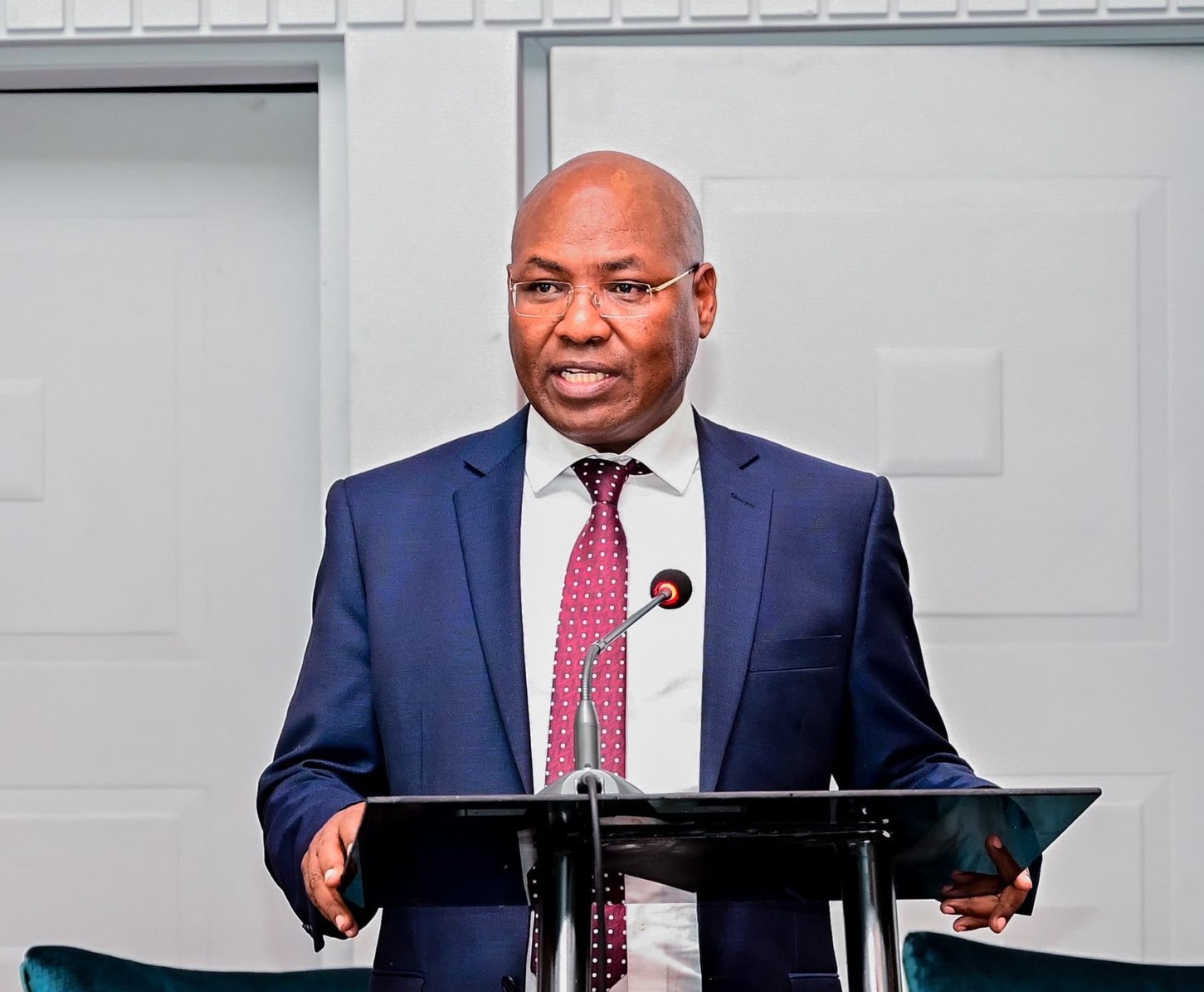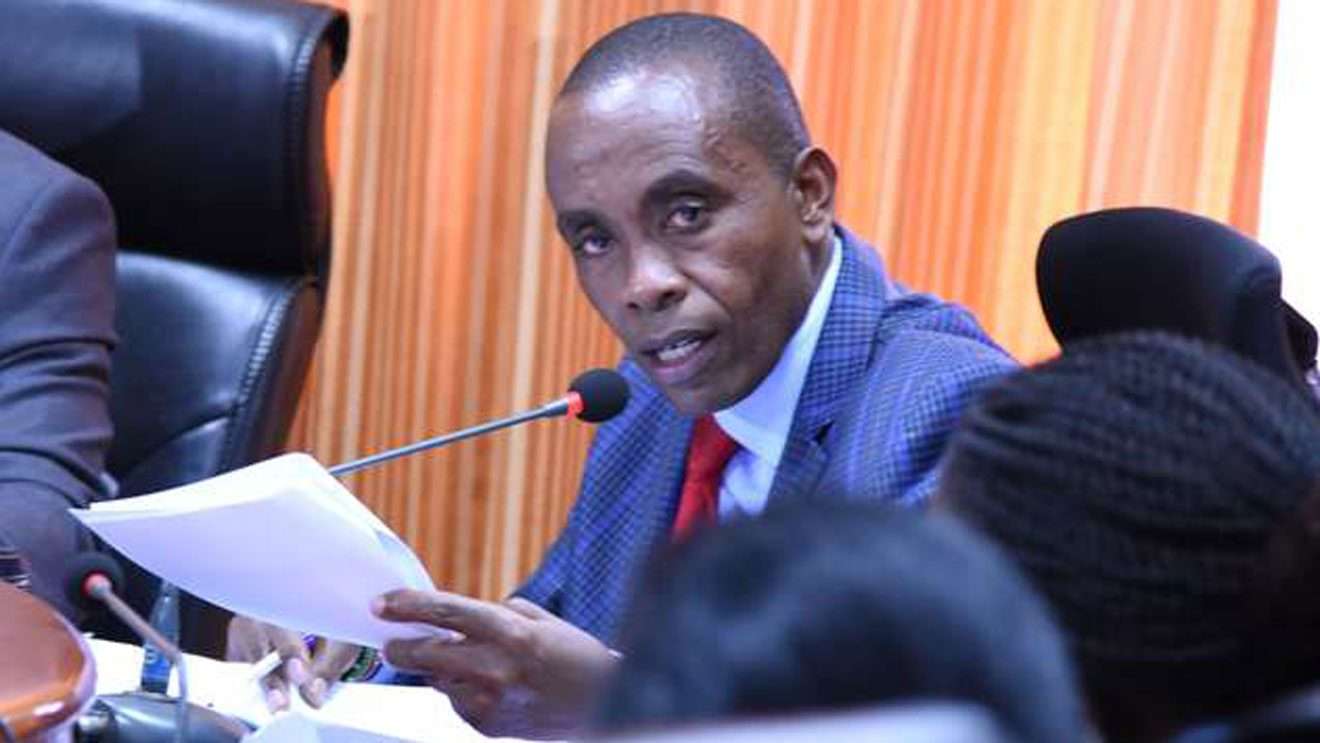The establishment of the ISCB represents a crucial step in addressing the tension between the NIS’s secretive operations and the constitutional requirement for transparency. By providing a channel for complaints and ensuring oversight, the Board has the potential to build public trust while preserving the integrity of the NIS’s critical mission
For decades, the National Intelligence Service (NIS) has operated under a shroud of secrecy, with little oversight of its budget, staffing, and operations. Now, a new chapter in its history is being written with the establishment of the Intelligence Service Complaints Board (ISCB), a body tasked with holding the NIS accountable for its actions.
This is the third attempt to operationalize the ISCB, a mandate created under Section 66 of the NIS Service Act, 2012. Once fully functional, the Board will be empowered to investigate complaints against NIS officers, including its Director General. The aim is to ensure that NIS activities align with the rule of law and constitutional principles, offering much-needed transparency and accountability.
The NIS, by design, operates with an unparalleled level of secrecy to safeguard national security. Yet, this same secrecy has raised concerns about unchecked power and alleged abuses. With the ISCB in place, the government aims to prevent the arbitrary use of authority by ensuring that intelligence officers adhere to the Bill of Rights, uphold good governance, and respect human rights.
To succeed, the ISCB requires adequate financial and administrative support, as well as mechanisms to protect witnesses reporting violations. Such support will be critical in transforming the Board from a legislative requirement into an effective oversight body.
Despite its establishment in 2012, operationalizing the ISCB has faced repeated delays. While Director General Noordin Haji has committed to ensuring the Board’s functionality, questions remain about why such delays occurred in the first place. The ISCB’s success will depend on overcoming entrenched bureaucratic and institutional hurdles.
Human rights organizations have long raised red flags about alleged abuses involving NIS officers. While there is only one known case of an NIS officer being charged, alongside a Kenya Wildlife Service (KWS) officer and others, for abduction and extrajudicial killings, broader concerns persist. Reports of abductions and killings linked to intelligence operations highlight the urgent need for a mechanism like the ISCB to ensure accountability.
The ISCB’s mandate extends to ensuring that the NIS’s wide-ranging discretionary powers are exercised in compliance with national and international law. This includes addressing allegations of human rights violations and balancing national security with democratic principles.
A Look Back: The Evolution of the NIS
The NIS has come a long way from its origins as the Special Branch in 1952, which operated under the colonial government during the Mau Mau uprising. Over the years, it has evolved through various forms: the Directorate of Security Intelligence (DSI) in 1986 and the National Security Intelligence Service (NSIS) in 1999. Today, the NIS is a disciplined civilian service with a significant degree of autonomy, tasked with protecting the nation’s security.
The NIS is organized into seven divisions, including Internal Intelligence, External Intelligence, and Counter-Intelligence, among others. Its primary functions include gathering security intelligence, detecting threats to national security, and advising the government on potential risks. It also supports law enforcement in preventing serious crimes and ensures security vetting for key positions.
However, the NIS is explicitly barred from carrying out police functions, engaging in paramilitary activities, or advancing political agendas. These constraints aim to preserve the service’s neutrality and focus on its core mission.
The ISCB represents a crucial step in addressing the tension between the NIS’s secretive operations and the constitutional requirement for transparency. By providing a channel for complaints and ensuring oversight, the Board has the potential to build public trust while preserving the integrity of the NIS’s critical mission.
The challenge ahead lies in ensuring that the ISCB operates effectively, with the necessary independence and resources to fulfill its mandate. For Kenya, this initiative marks a significant stride toward aligning intelligence operations with democratic values.
The establishment of the ISCB is not just a procedural change; it is a statement of intent—a commitment to ensuring that power, no matter how secretive, remains accountable to the people it serves.




